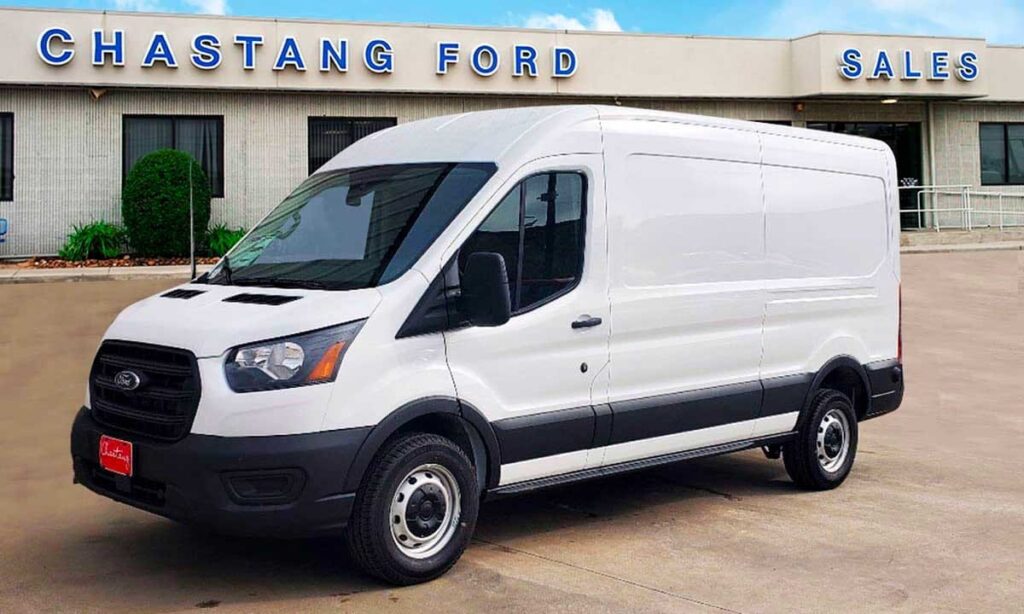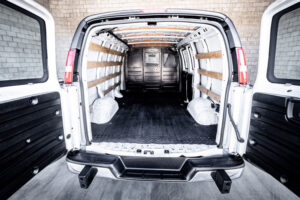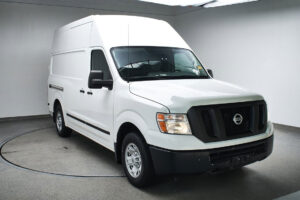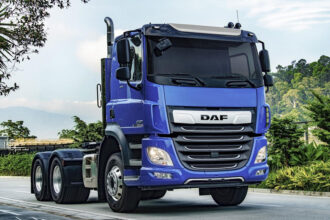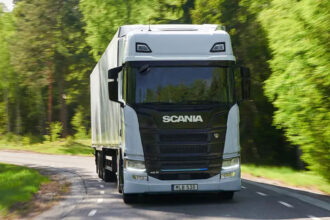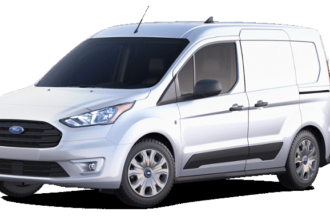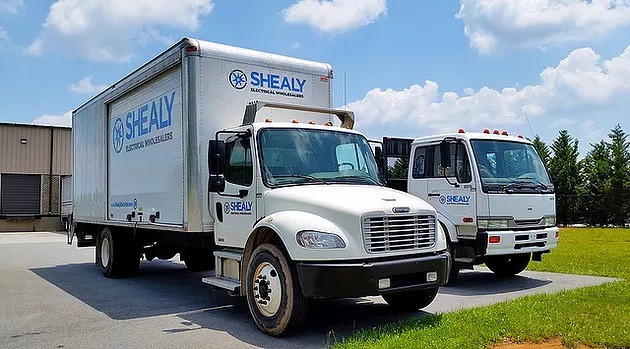Table of Contents
If you’ve ever dreamed of running your own cargo van business, you’re in the right place. So, what exactly is a “Cargo Van Business?” It’s an exciting venture where you utilize the versatility of cargo vans to offer a wide range of services. Whether you’re delivering goods, running a mobile pet grooming service, or operating a mobile retail store, cargo vans are your trusty companions.
But before you hit the road to success, you need a clear roadmap, and that’s where understanding the startup cost for a cargo van business comes into play. Explore every aspect, from acquiring vehicles and budgeting for fuel to obtaining licenses and planning for taxes. Find out not only how to kickstart your cargo van business but also how to do it smartly, efficiently, and, most importantly, profitably. So, fasten your seatbelt and embark on this exciting journey of entrepreneurship!
To embark on your cargo van business venture:
- Develop a Business Plan
- Acquire Vehicles
- Customize Vehicles
- Obtain Licenses and Permits
- Secure Insurance
- Budget for Fuel and Maintenance
- Invest in Marketing and Branding
- Cover Office and Administrative Costs
- Calculate Employee Expenses
- Ensure Safety and Compliance
- Allocate Working Capital
- Account for Legal and Professional Fees
- Plan for Taxes
- Establish a Contingency Fund
- Address Interest and Loan Repayments
- Include Miscellaneous Expenses
- Conduct Market Research
Recap
1. Develop a Business Plan
To launch a successful cargo van business, create a comprehensive business plan outlining your goals, strategies, and financial projections before launching your cargo van business. Include details on your target market, competition, and pricing strategy. A business plan serves as your roadmap to success. It outlines your business goals, target market, competition, and financial projections. For instance, if you plan to start a mobile dog grooming service, your plan might detail how you intend to reach pet owners in your area, what services you’ll offer (e.g., grooming, nail trimming, or bathing), and projected revenue based on local demand.
>>>MORE: How to Start a Cargo Van Business
2. Acquire Vehicles
To get a firm grip on the financial foundation of your Cargo Van Business, you’ll need cargo vans. Acquiring cargo vans is a significant startup cost. Consider whether to buy new or used vans based on your budget. For instance, purchasing a new Ford Transit van may cost around $30,000, while a used one in good condition might cost $15,000.
3. Customize Vehicles
To comprehend the financial demands of launching a cargo van business, customizing your vans may be necessary, depending on your business niche. For instance, if you’re starting a mobile catering business, you might need to install a kitchen and serving area in the van, or if you’re starting a mobile pet grooming service, you’ll need to install grooming equipment in the van. Costs can range from $5,000 to $10,000, depending on the extent of customization.
4. Obtain Licenses and Permits
To wrap your head around the initial investment needed for a cargo van business, research the licenses and permits required in your area. Costs vary by location and business type. For instance, a general business license might cost $50 to $100, while a commercial driver’s license (CDL) for larger cargo vans might cost $75 to $100.
5. Secure Insurance
To delve into the world of starting a cargo van business, it’s essential to get insurance coverage. Cargo van insurance costs depend on several factors. For example, commercial auto insurance for a cargo van can range from $1,000 to $4,000 annually, depending on factors like coverage, location, and driving history.
6. Budget for Fuel and Maintenance
To simplify the process of estimating startup expenses for your cargo van business, estimate monthly fuel expenses based on the van’s mileage and fuel efficiency. Maintenance costs vary, but setting aside $100 to $200 per month for regular upkeep is a good starting point.
7. Invest in Marketing and Branding
To unravel the mysteries of budgeting for your Cargo Van Business’s startup, allocate funds for marketing your services. Building your brand is crucial. For instance, creating a website might cost between $1,000 and $2,000, while printing business cards can range from $50 to $200. Online advertising campaigns may cost approximately $200 to $500 per month.
8. Cover Office and Administrative Costs
To unravel the complexities of financial planning for your cargo van business, consider expenses for office space, phone lines, and software. Depending on your business model, you might need office space, phone lines, and software. For instance, a home office can save costs initially, while dedicated office space could range from $200 to $1,000 per month.
9. Calculate Employee Expenses
To understand the dynamics of budgeting for a cargo van business startup, note that you have to hire employees. For example, a driver’s salary might be $30,000 annually, plus benefits. So budget for salaries, benefits, and employee training.
10. Ensure Safety and Compliance
To familiarize yourself with the financial aspects of starting a cargo van business, invest in safety equipment and ensure compliance with regulations. Costs vary based on specific requirements, but allocating $500 to $1,000 for safety gear is prudent.
11. Allocate Working Capital
To break down the financial intricacies of launching a cargo van business, set aside working capital to cover daily operational expenses such as gas, maintenance, and unforeseen costs. A reserve of $5,000 to $10,000 can provide stability.
12. Account for Legal and Professional Fees
To demystify the process of estimating startup expenses for your Cargo Van Business, budget legal fees. You’d need to consult legal and financial professionals for advice. Legal fees can vary widely, but budgeting $1,000 to $3,000 is a reasonable estimate.
13. Plan for Taxes
To grasp the initial costs associated with a cargo van business, understand your tax obligations, including income tax and self-employment tax. Consult a tax professional for accurate estimates.
>>>PRO TIPS: Cargo Van Business Driving For UPS – How to Start
14. Establish a Contingency Fund
To kickstart your journey into the cargo van business realm, create a financial buffer for unexpected expenses. Aim for at least 10% of your startup budget, which could be around $5,000 for a $50,000 budget.
15. Address Interest and Loan Repayments
To gain insights into the financial investment needed for starting a cargo van business, factor in interest and loan repayments when calculating expenses if you’re financing your cargo vans or other aspects of your business. For example, a $20,000 loan at a 5% interest rate will result in $1,000 in annual interest costs.
16. Include Miscellaneous Expenses
To get a clear picture of the costs involved in starting a cargo van business, don’t overlook small expenses. Small expenses like office supplies, mobile phone plans, or parking fees can accumulate. These can add up over time. Allocate around $100 to $200 per month for miscellaneous costs.
17. Conduct Market Research
To navigate the complexities of financial planning for a Cargo Van Business, research your target market thoroughly to understand demand, pricing, and potential competitors. Market research helps you understand your target audience and competition. For instance, if you plan to offer mobile pet grooming services, research local pet ownership rates and competitors’ pricing to make informed financial projections. This knowledge will help you refine your budget and business strategy.
Recap
In summary, knowing the startup cost for a cargo van business involves a detailed analysis of various factors. By considering these aspects and tailoring them to your specific business model, you can create a realistic budget and set the stage for a successful venture. From developing a comprehensive business plan to setting aside funds for taxes and unforeseen expenses, each step is a crucial piece of the puzzle. Do not only examine the financial side but also remember the importance of safety, compliance, and efficient planning.
As you move forward, remember that knowledge is your greatest asset. By calculating your startup costs meticulously and considering all the factors discussed, you’re better equipped to navigate the exciting yet challenging terrain of launching your cargo van business. Always keep your eye on the prize: a thriving, profitable venture that offers the freedom and flexibility you desire. Now, it’s time to take that knowledge and turn it into action, driving your cargo van business toward success and financial prosperity.


